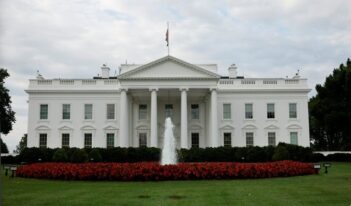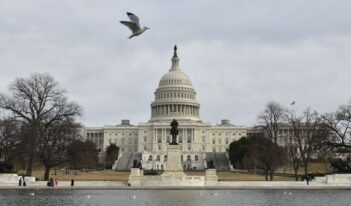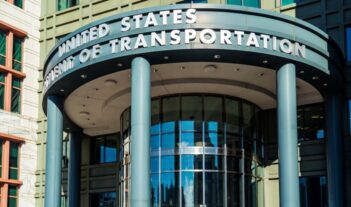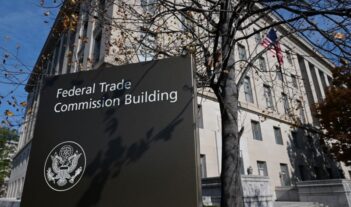Presidential Regulatory Reform
Presidents have played an important and sometimes surprising role in driving regulatory changes.
Presidential Legacies of Regulatory Reform
Experts reflect on a new book assessing Presidents’ impact on regulatory priorities and successes.
President Trump Is Not the Only Threat to Our Democracy
Party-based primaries inhibit the legislative branch.
Turning Administrative Agencies into the President’s Puppets
President Trump’s recent executive order attempts to exert improper control over agencies.
The Vacancies Dilemma
Acting officials in high-level roles can undermine the accountability of the Senate confirmation process.
The Unsettling of Notice and Comment
The Trump Administration has invoked recent Supreme Court decisions to justify unraveling normal rulemaking procedures.
The Judges’ Dream World
President Trump’s removal of agency heads without cause threatens the rule of law.
Who Should Address the Collision of Politics and Justice?
Scholars argue the inspector general is best suited to address ethical abuses within the Justice Department.
Administrative Deference and Regulatory Consistency
The end of deference to agency statutory interpretations will result in regulatory inconsistency.
Labor Regulation at the Department of Transportation
The Transportation Department’s labor policies impede necessary safety reforms.
Legislative Primacy
President Trump’s recent executive orders challenge Congress’s role in creating policy.
President Trump’s Power to Remove FTC Commissioners
Removal of commissioners runs counter to a 90-year-old precedent, teeing up a potential Supreme Court case.












